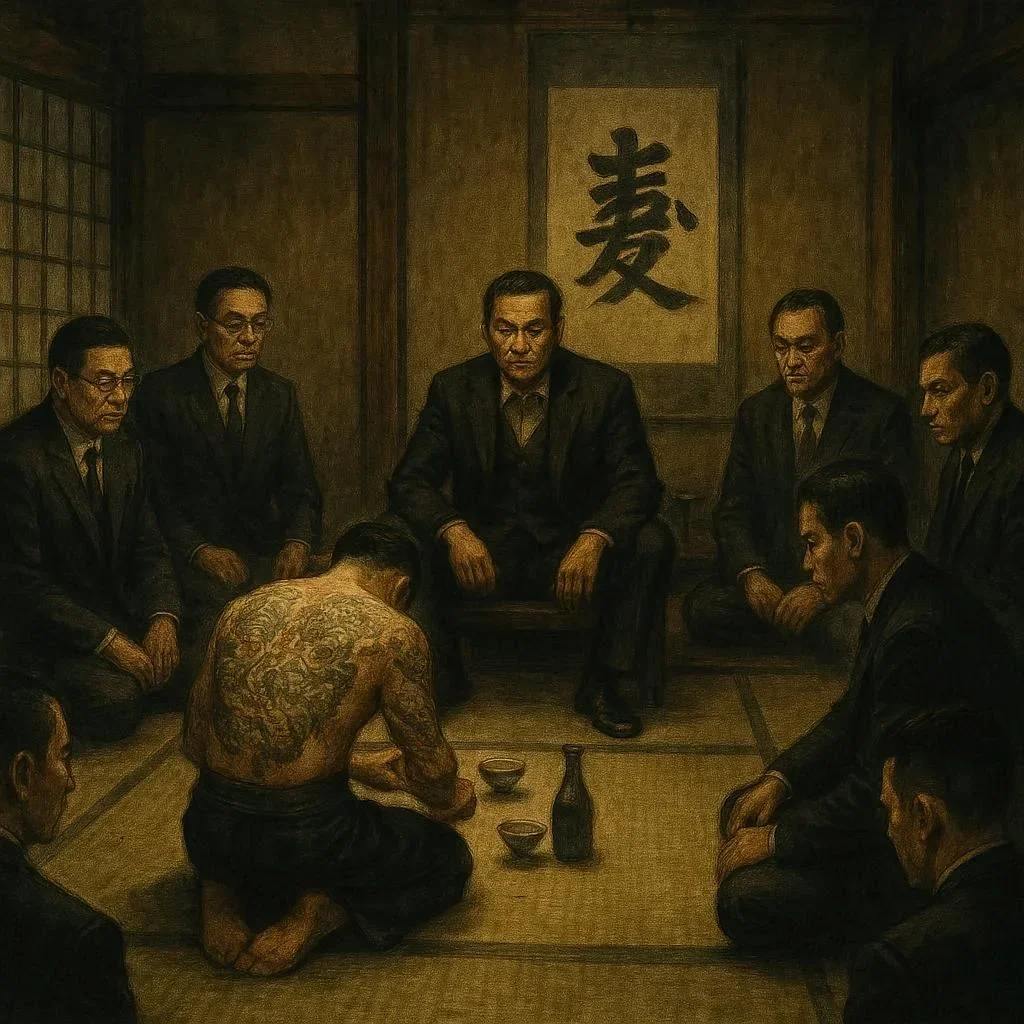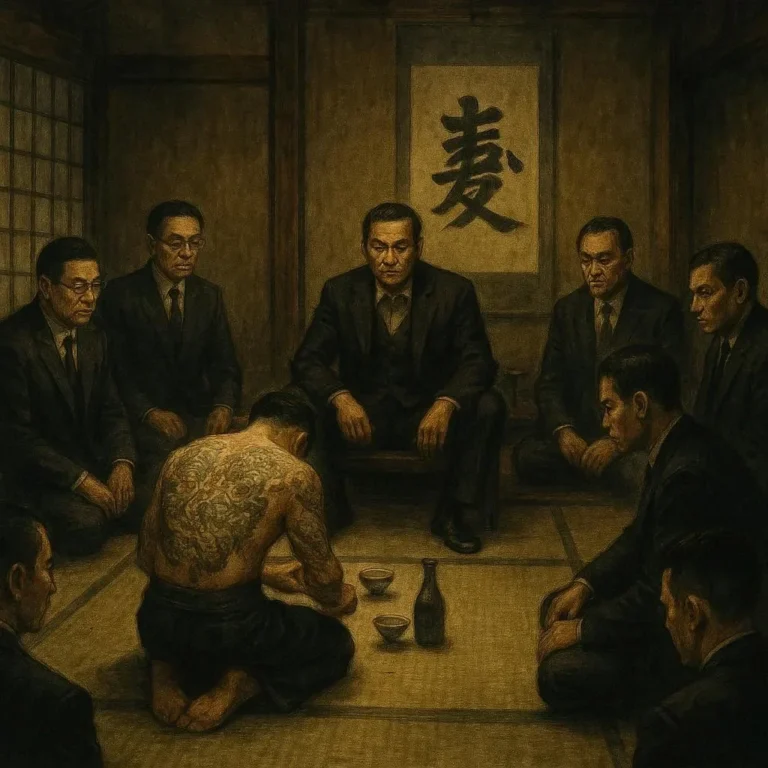505 views The Role of Samurai in Feudal Politics
The samurai, members of the warrior class in Japan, played a pivotal role in shaping the political landscape of feudal Japan. From the 12th century to the 19th century, the samurai were not only the military backbone of the nation but also influential figures in the political and social hierarchy of the time. Their role extended far beyond the battlefield, as they were deeply involved in governance, administration, and even cultural development. This blog post delves into the intricate role of samurai in feudal politics, exploring their origins, their functions in society, and their lasting impact on Japanese history.
The Origins of the Samurai Class
The samurai class emerged during the Heian period (794-1185 CE), primarily as a response to the growing need for military strength in a fragmented society. Initially, they were merely armed servants of the imperial court and powerful noble families, tasked with protecting landholdings and maintaining order. However, as local wars and clan disputes escalated, the samurai class grew in importance and influence.
The Gempei War (1180-1185 CE) marked a turning point in the rise of the samurai. This conflict between the Taira and Minamoto clans culminated in the establishment of the Kamakura shogunate, the first samurai-led government. The shogunate system, which would dominate Japanese politics for centuries, was born. From this point forward, the samurai class became the dominant political and military force in Japan.
The Samurai as the Enforcers of Feudal Rule
The samurai were the enforcers of feudal rule in Japan. Under the shogunate system, the shogun, a military dictator, held effective control over the government, while the emperor retained a symbolic role. The samurai class served as the shogun’s loyal warriors, administrators, and law enforcers. Their primary duty was to maintain order, suppress rebellions, and defend the realm against external threats.
Samurai were organized into a hierarchical structure, with the shogun at the top and daimyo (feudal lords) below him. The daimyo commanded their own armies of samurai and ruled over their respective domains. In return for their loyalty and military service, samurai were granted land, stipends, and social prestige.
The Samurai’s Role in Governance
In addition to their military duties, samurai played a significant role in governance. Many samurai served as administrators, overseeing the day-to-day operations of the shogunate and daimyo domains. They were responsible for collecting taxes, managing land use, and implementing policies at the local level. Their role in governance was so critical that they became the backbone of the feudal administrative system.
Samurai were also expected to be well-educated and versed in literature, philosophy, and the arts. This dual role as both warriors and scholars was central to the samurai ethos. Their education emphasized Confucian principles, which stressed loyalty, duty, and moral integrity. These values were seen as essential for effective governance and leadership.
The Samurai’s Influence on Political Decisions
Samurai were not merely passive enforcers of authority; they also played an active role in shaping political decisions. As the most powerful class in society, they had a significant influence on the policies and priorities of the shogunate and daimyo. Samurai leaders often advised their lords on matters of war, diplomacy, and internal governance.
Moreover, samurai were instrumental in resolving succession disputes and power struggles within the shogunate and daimyo families. Their support or opposition could often determine the outcome of such conflicts. This gave the samurai class a degree of political power that went beyond their formal roles.
The Samurai’s Cultural Role
The samurai were not only political and military figures but also cultural icons. They were seen as the embodiment of Japanese values, such as honor, discipline, and loyalty. The samurai code of conduct, known as Bushido, emphasized courage, rectitude, and self-discipline. Bushido was not just a set of principles for warfare but a way of life that influenced every aspect of a samurai’s behavior.
Samurai were also patrons of the arts, supporting the development of literature, poetry, calligraphy, and architecture. Many samurai were skilled in these areas themselves, as their education and training emphasized the cultivation of both martial and cultural skills. The cultural contributions of the samurai class had a lasting impact on Japanese society, shaping the nation’s artistic and literary traditions.
The Decline of the Samurai Class
The samurai class began to decline in the 17th century, during the Edo period (1603-1868 CE). The Tokugawa shogunate, which ruled Japan during this time, enforced a rigid social hierarchy and policies of isolationism. While the samurai remained the dominant class, their role in society began to change.
With the establishment of a relatively peaceful society under Tokugawa rule, the samurai’s primary function as warriors became less relevant. Many samurai were forced to take on administrative roles, and their stipends were often reduced. This led to growing discontent within the samurai class, as their traditional way of life was increasingly undermined.
The final blow to the samurai class came with the Meiji Restoration of 1868, which overthrew the Tokugawa shogunate and restored imperial rule. The new Meiji government modernized Japan’s military and society, effectively ending the samurai class’s dominance. Many samurai were disheartened by these changes, and some even rebelled against the new government.
The Legacy of the Samurai in Feudal Politics
Despite their decline, the samurai left a lasting legacy in Japanese history. Their influence on feudal politics shaped the course of Japan’s development, from the establishment of the shogunate system to the modernization of the Meiji period. The samurai’s commitment to honor, duty, and loyalty continues to be celebrated in Japanese culture, inspiring later generations.
Moreover, the samurai’s role in governance and administration set a precedent for the development of a centralized state in Japan. Their emphasis on education, discipline, and cultural refinement also left a lasting impact on Japanese society, shaping the nation’s identity and values.
Conclusion
The role of samurai in feudal politics was multifaceted and far-reaching. As warriors, administrators, and cultural figures, they played a central role in shaping Japan’s political and social landscape. Their influence extended beyond the battlefield, as they were key players in governance, policy-making, and cultural development. While the samurai class eventually declined with the modernization of Japan, their legacy endures as a testament to their enduring impact on Japanese history and culture.
Understanding the role of samurai in feudal politics offers valuable insights into the complexities of Japanese history and the evolution of its political systems. Their story is one of power, duty, and transformation, reflecting the dynamic nature of human societies and the enduring influence of cultural values.







